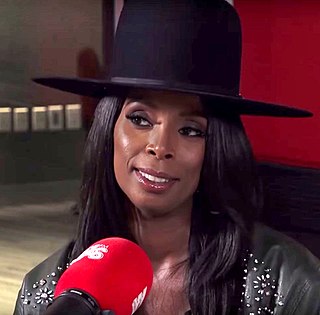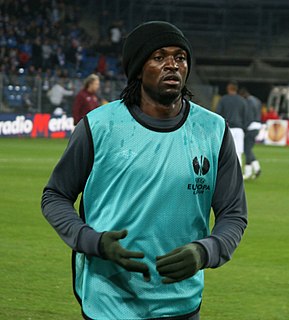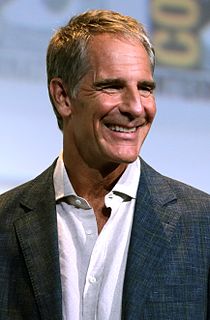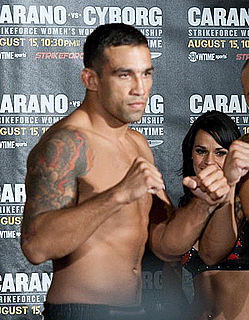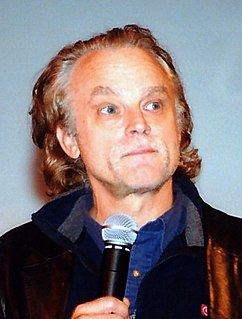A Quote by Steve Buscemi
The director I had most involvement with was Alex Rockwell. He gave me a lot of responsibility as an actor.
Quote Topics
Related Quotes
As a director, I have to do everything. As an actor, I'm just worried about one role, that's it. As a director, everything is important. Everything is something you have to be very detailed and specific about in telling a story. So for me, the job is far greater than just being the actor, there's a lot more responsibility creatively, technically.
Sir Alex has a special place in my life. In fact, he was the main man. I was not famous, I was not a star. I arrived at Old Trafford as just another young talent. He was the one who told me to do all the right things. He gave me the opportunity to play in one of the biggest clubs in the world. So he is one of the most important people in the world for me. I worked with Sir Alex for a few years and I know he deserves everything that he has achieved in his career. He works so hard, he is clever, he has experience, he is a human guy.
I'm the type of actor that believes the director has to be in charge. I've been on sets where the actor's ego was the most important thing, and with a director that messes it up. But I don't like a dictator, I want it to be collaborative - the best idea wins. If I feel respected, and I'm going to give that back. If a director wants to try something, cool, I'll give it back. I also feel like they cast me for a reason, so I'm going to make my mark on it... let me do my thing.
The director is the most important because, ultimately, as an actor, when you watch a movie, it looks like an actor is giving a performance, and they kind of are. But, what's actually happening is that an actor has given a bunch of ingredients over to a director, who then constructs a performance. That's movie-making.
I learned a lot from Clint [Eastwood], who's an extremely economic director. I learned a lot from Michael Winterbottom, who really gave a lot of trust in the actors and allowed them to live in the space instead of trying to manipulate and make it too set and too staged. Working with [Robert] De Niro taught me a lot of being an actors' director and what that is. I've learned a lot from pretty much everybody. Hopefully I've picked up something from everybody I've worked with.

